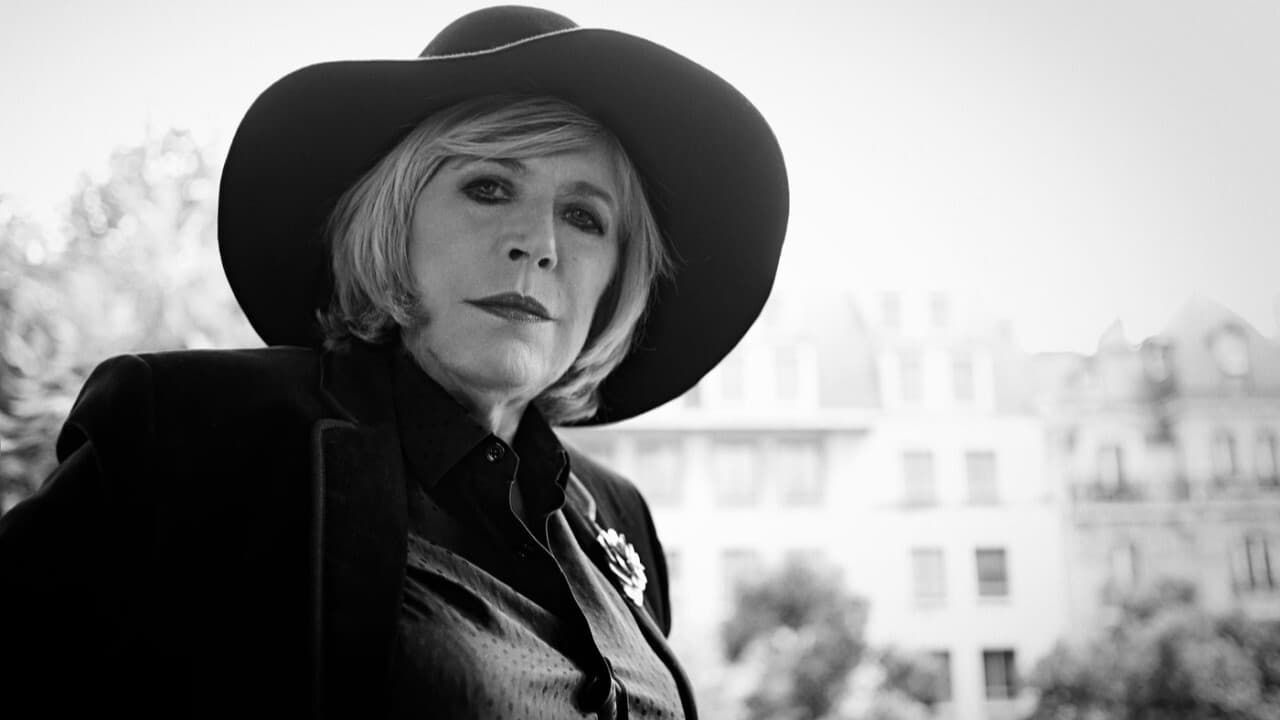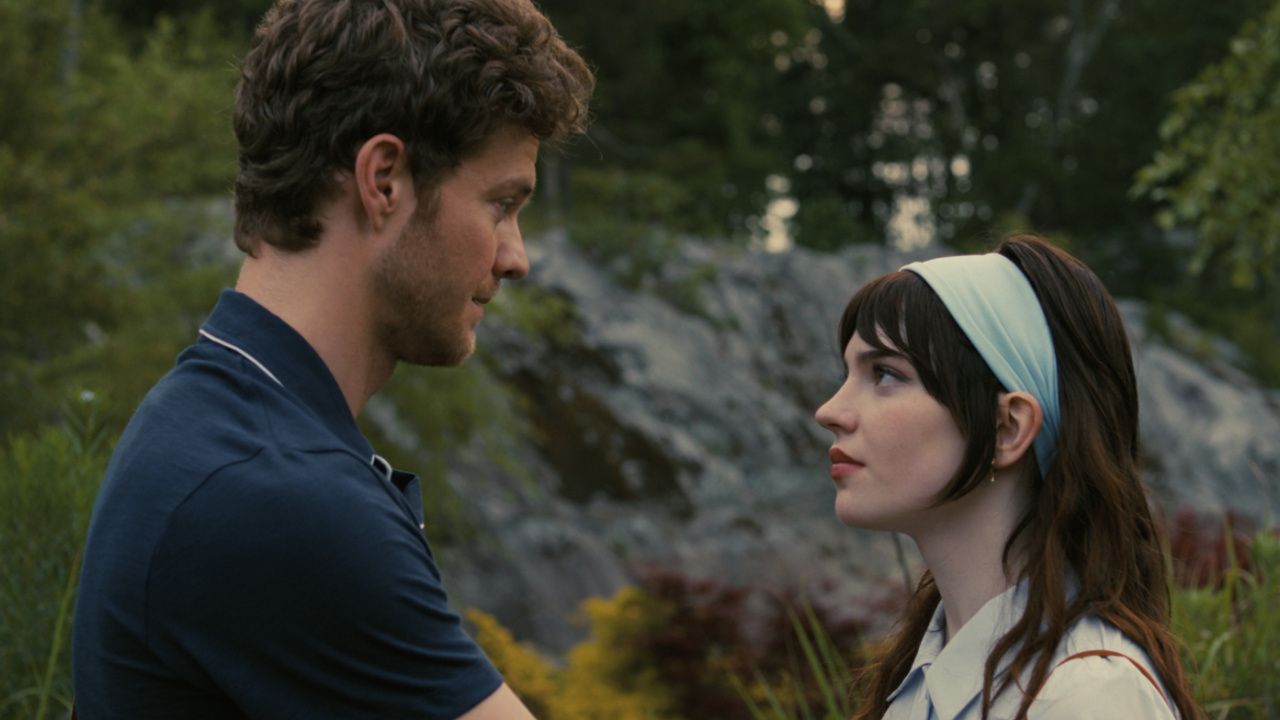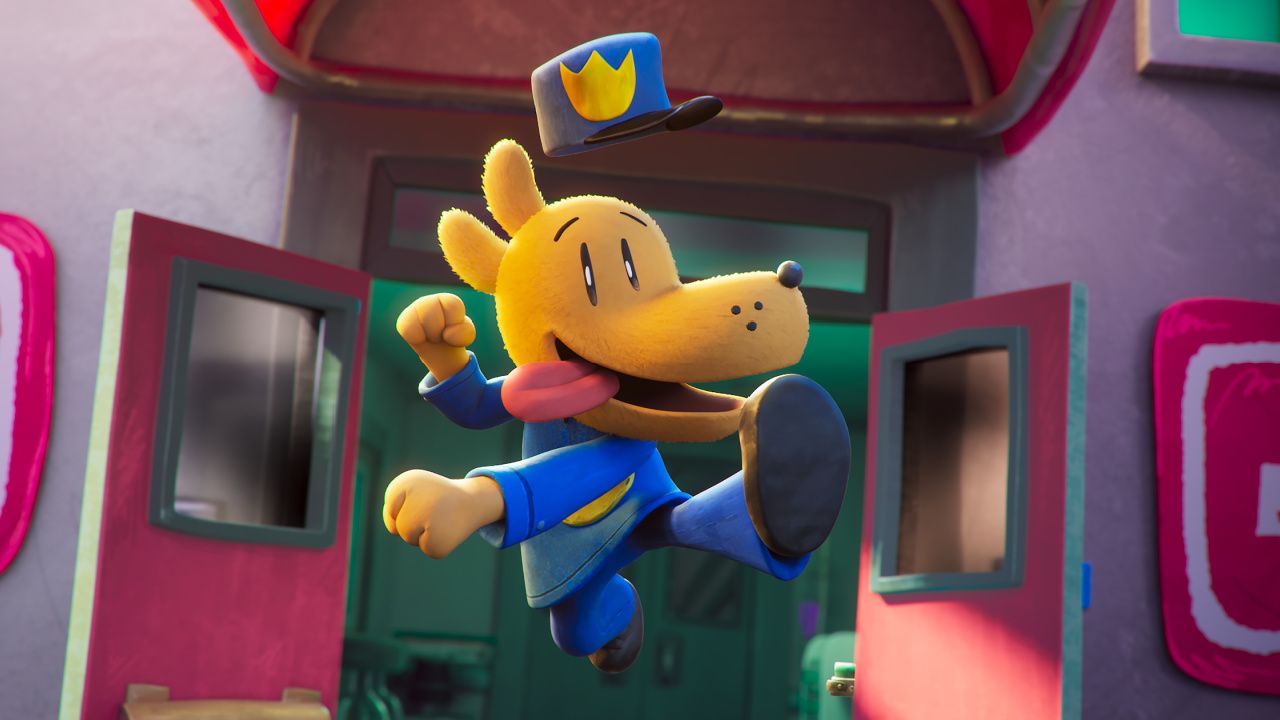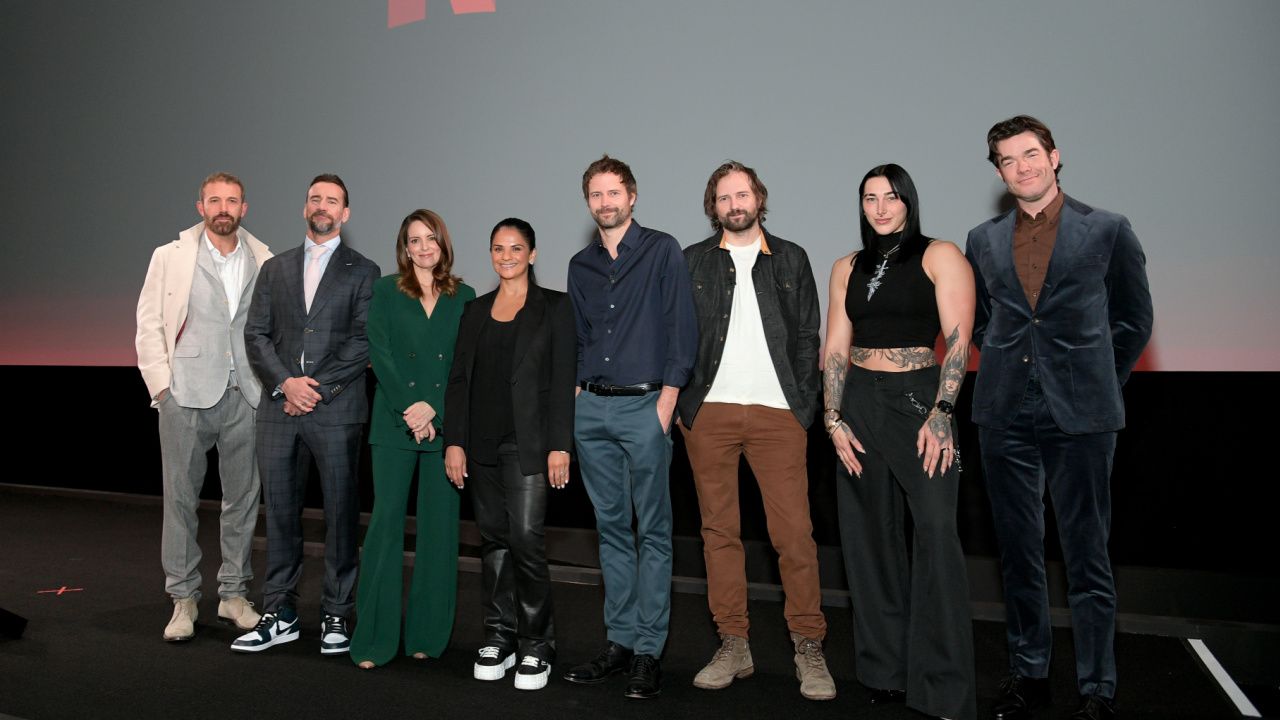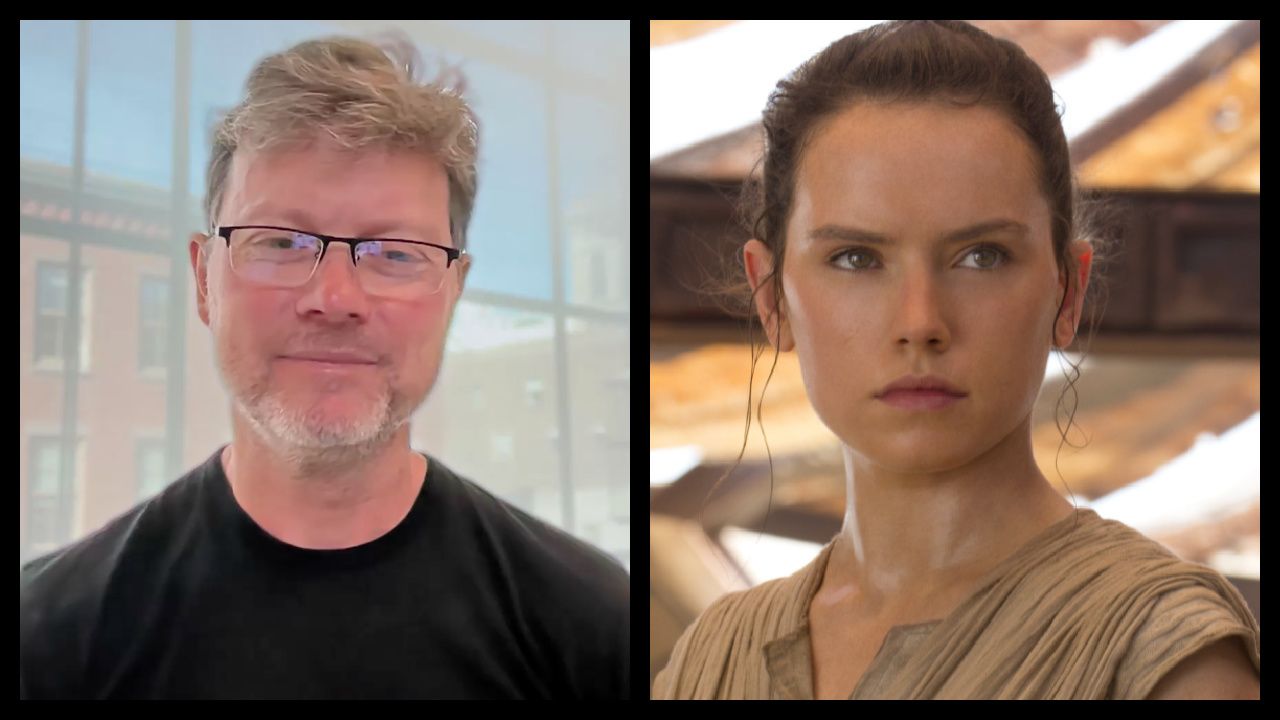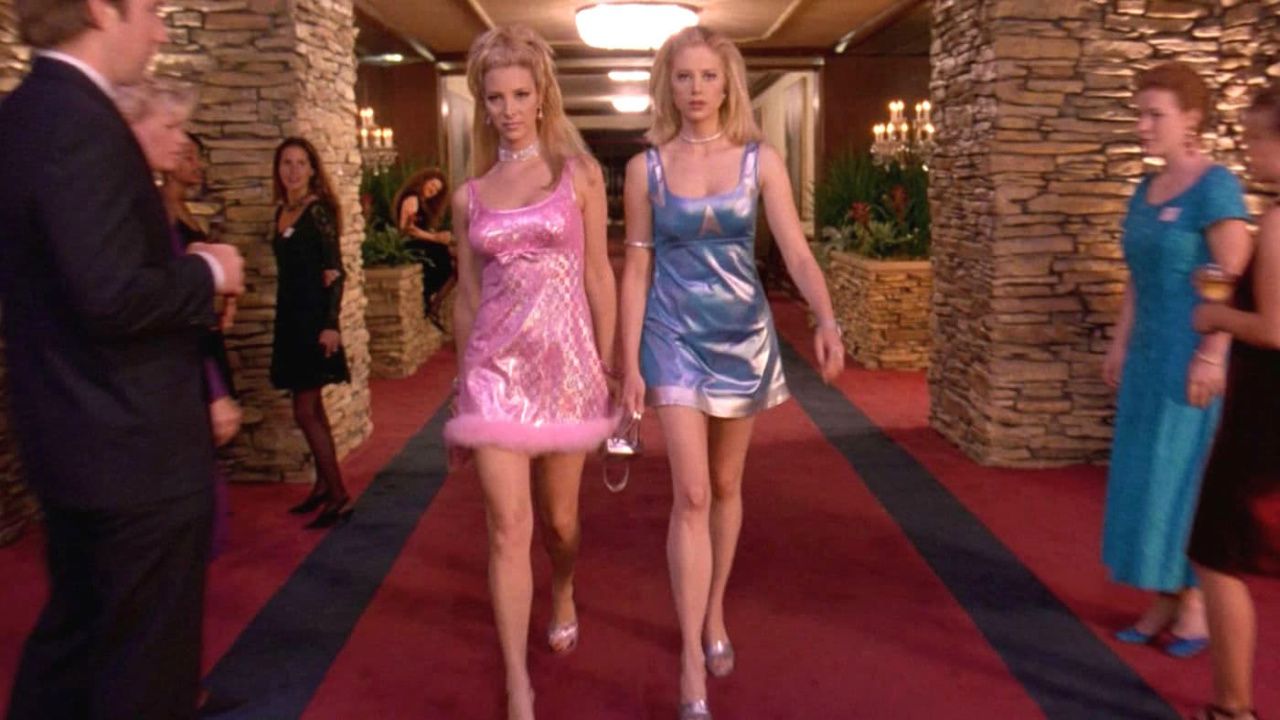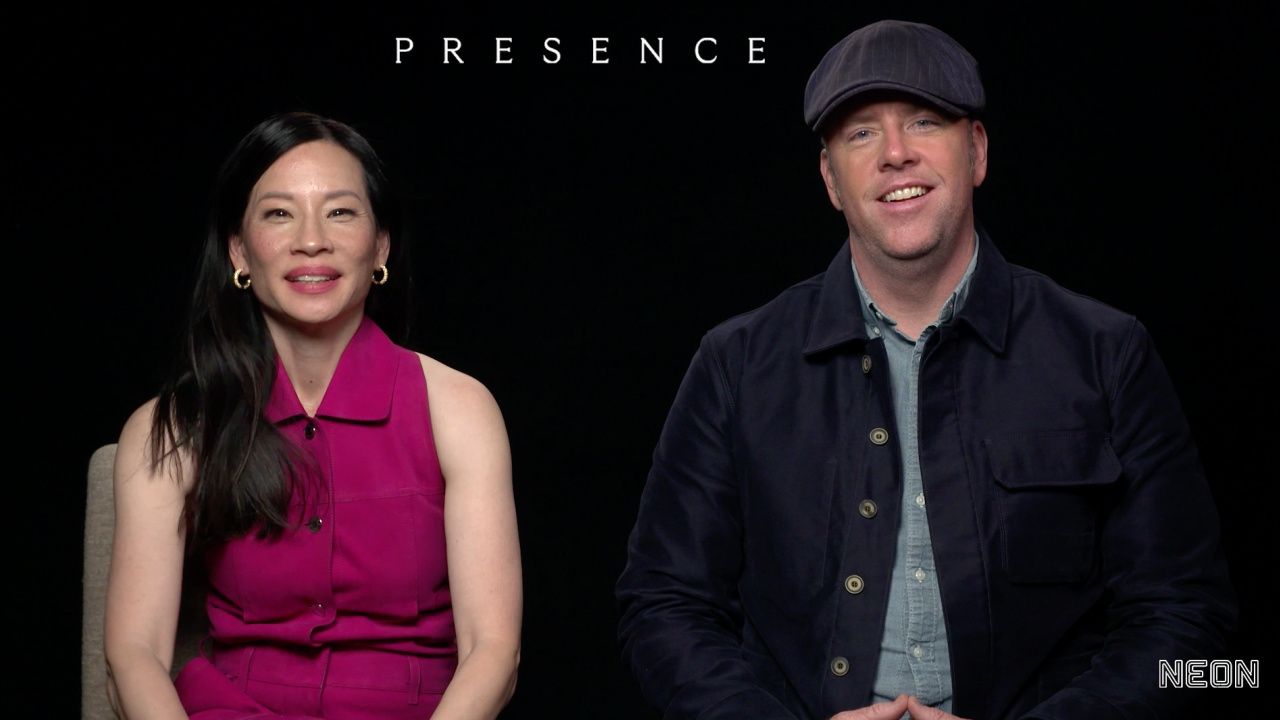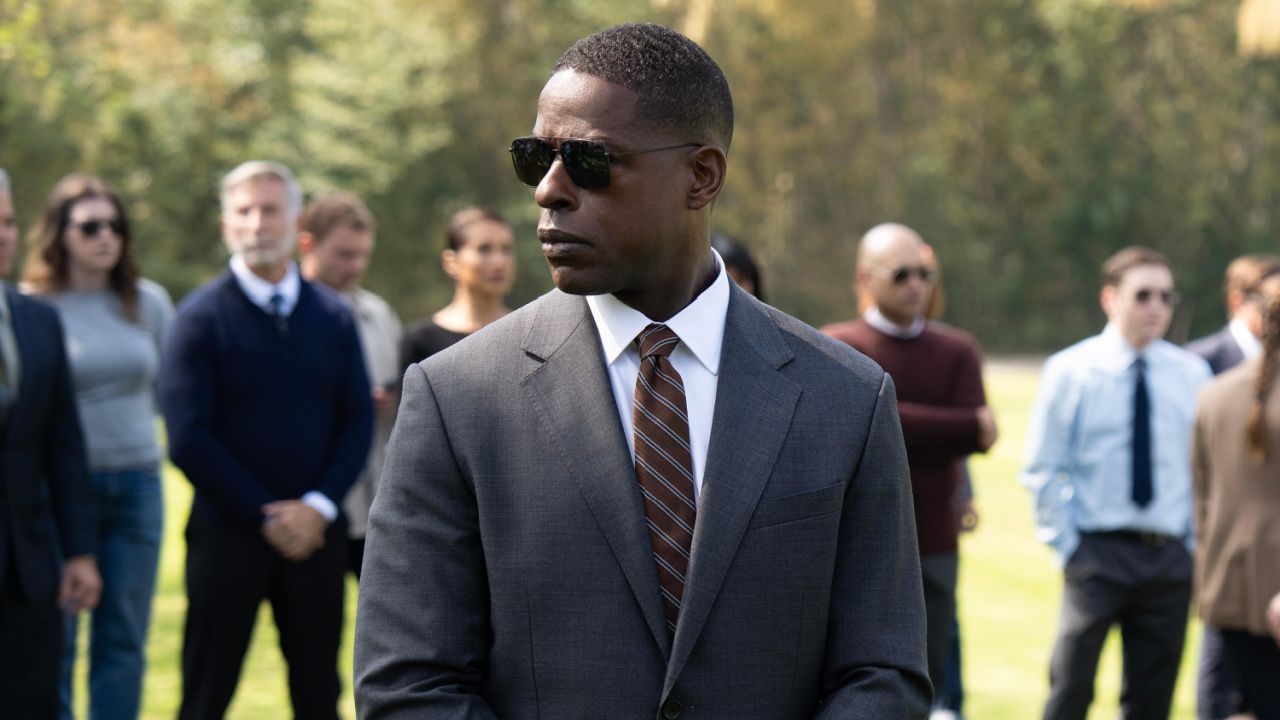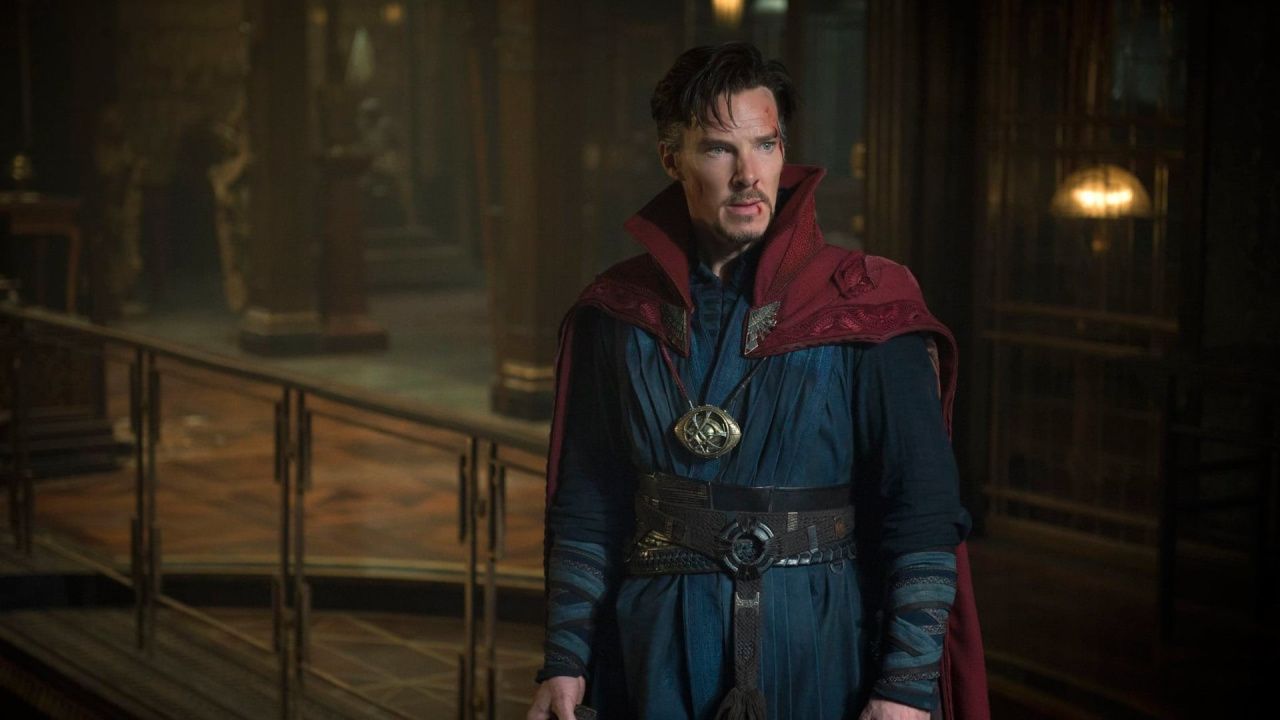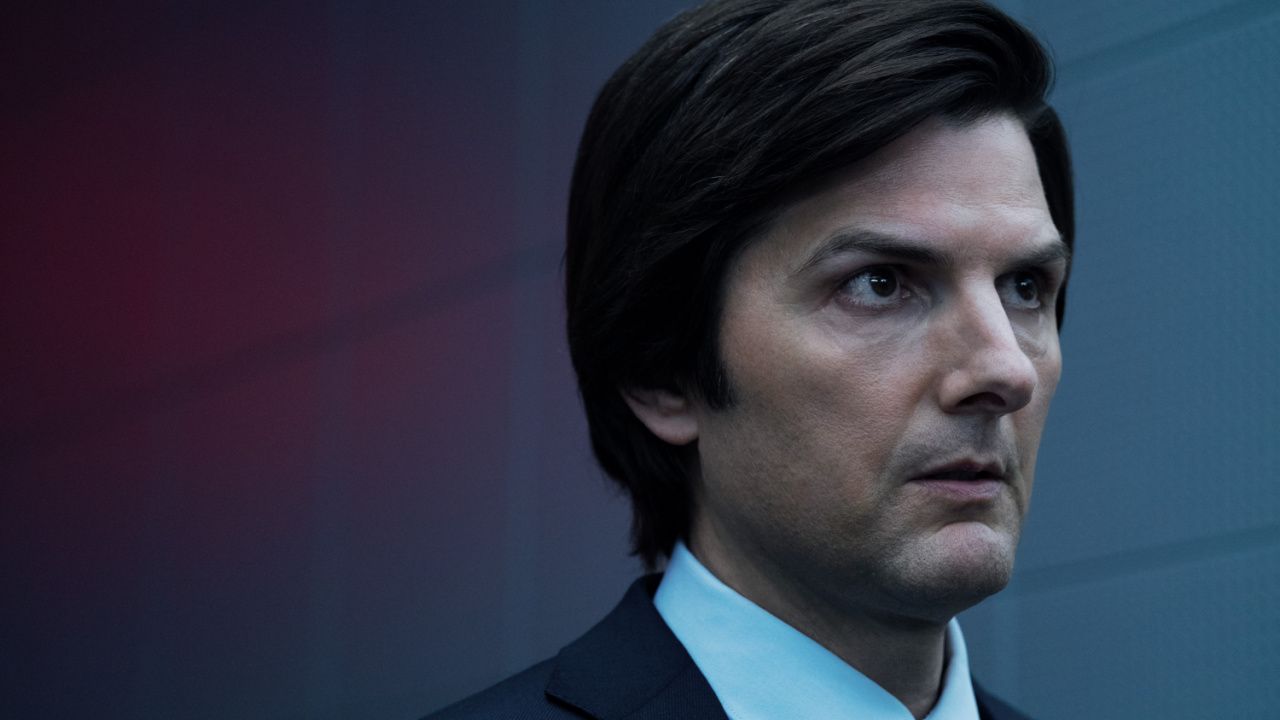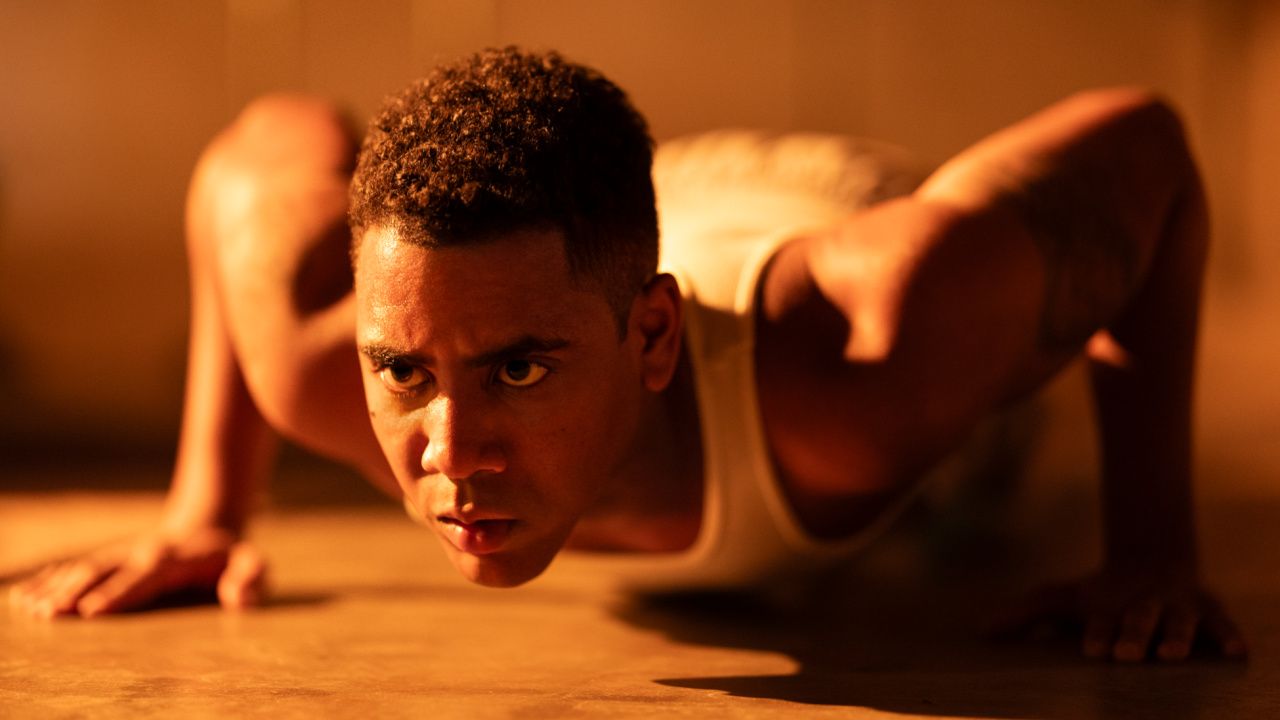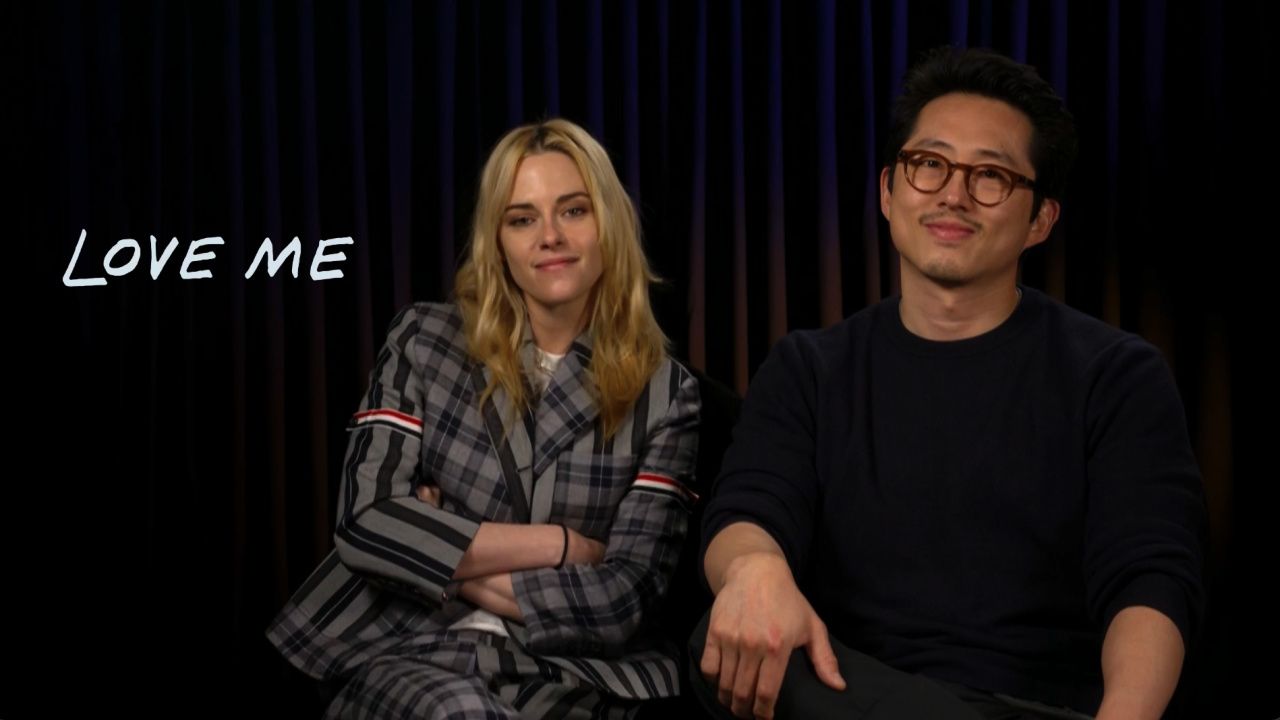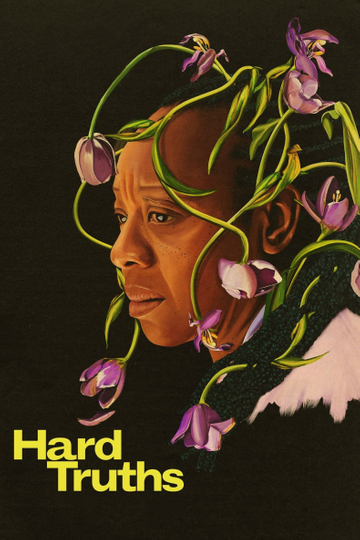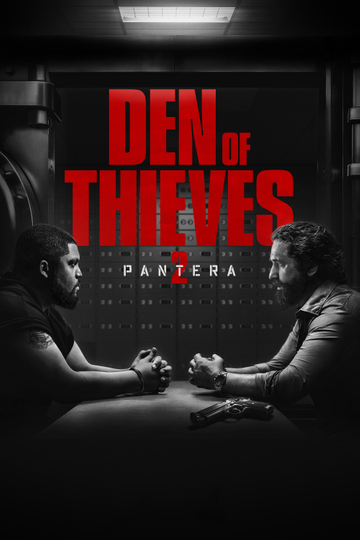'Doubt' Star Laverne Cox Thinks She'd Make a Great Real-Life Lawyer
If audiences loved "Orange Is the New Black's" breakout star Laverne Cox in prison orange, just wait until they see what she can do in the power suits of a legal eagle.
Cox emerges as one of the central delights of the new CBS legal drama "Doubt," as one member of a bold legal firm attempting to champion social justice cases in the courtroom. The series, created by former "Grey's Anatomy" writers (and married couple) Joan Rater and Tony Phelan, blends high-interest legal cases with sudsy relationship intrigue: central character Sadie (Katherine Heigl) is caught up in a taboo romance with a client accused of murder (Steven Pasquale), and Cox's Ivy League-educated Cameron Wirth quickly lands in her own risky personal/professional entanglement as well.
Cox, who joined with Moviefone and a small gathering of reporters, reveals she's ready to make Cameron's case -- and tread into heretofore unexplored territory on TV in the process.
On taking on her character's unique romantic life, a territory previously little explored in film or television:
Laverne Cox: Getting to play that storyline over this past season, it just felt so special. My character on "Orange Is the New Black" is married to a woman. In my personal life, I date men. As a trans woman, dating men who are straight-identified, and all of the intricacies and all of the things that they go through, I've never really seen that explored, certainly not on network TV. There's a brilliant Emmy-nominated short drama on YouTube called "Her Story" that explores that a little bit, and there have been a few films, but nothing on network television, never, so I was very excited.
What's so wonderful about Joan and Tony is that they're just brilliant. They just get it. There's a love and empathy that they have for all these characters and all these circumstances. We see the humanity in everyone, and I think there's some moments that Peter has, my love interest, that I think some of it came from our brilliant writers Imogen Binnie, a trans woman who's one of our writers.
Before we even started shooting, I got to visit the writers' room last June, and we talked through the whole season and Cameron's arc through the whole season, and we talked in depth about some of my experiences dating as a trans woman, and some of what I think is going on with men who find themselves attracted to trans women, and not knowing what to do with that, and having shame around it, and a deep, deep cultural stigma.
So I've been talking to so many guys lately, and trans women lately, about cis women who find out that the men that they're with are into trans women, and how angry they often get when they've discovered that. So there's a lot to explore culturally, and I think this can begin a really important conversation I hope that we can have with love and empathy around, because there's a lot of men, as I've experienced, who are straight identified who love transgender women.
I did get to do a chemistry read. The casting folks narrowed it down to two actors, and they thought it would be very good if I read with them in person. So they brought the two in. It's like Christmas. To have them bring to very attractive tall men. I was like, "Please have them be at least 6'2" oh my goodness!" So yes, I got a say in it. Once I read with the two actors, they were both amazing, but it was very clear to everyone who I had the most chemistry with. It was pretty clear.
On shifting from "OITNB's" Sophia, whose trans issues are always at the forefront due to her incarceration, to "Doubt's" Cameron, who can explore a more well-rounded existence:
That comes from Joan and Tony -- I think that comes from them having a transgender son, and knowing that, yes, he's trans, but he's an actor and he's smart. I actually saw their son Tom in this brilliant off-Broadway play called "Hir" by Taylor Mac in New York. And Tom is a really brilliant actor.
So there's so much more to us than just being trans. Yes, Cameron is a lawyer that happens to be trans, and happens to be a woman, and happens to be black. Certainly those things influence the ways in which she's able to have empathy for the clients that she represents, and to convey that empathy to a judge and to a jury. I think we use our experiences as human beings to hopefully inform the work that we do. So that's what we see with Cam.
And certainly the trans stuff comes up when the issues of dating Peter come up. It becomes a challenge, I think. I can't give that away: it's really juicy, and it's really real, and I couldn't believe how real it was when I read the scripts about what happens in their relationship. It's something that Peter says to Cam in a later episode that is just brilliant and spot-on, and we've never ever seen it on network television. I hope people watch this show, because it's just groundbreaking in terms of that.
On how she thinks real-life juries and judges would accept a trans attorney arguing a case:
I know a lot of trans women, trans men who are lawyers, and they argue cases in front of juries all the time. There's actually a very famous trans woman named -- her name escapes me right now -- but she does a lot of immigration cases, and she's written a book and she's out as trans ... I think she was stealth for a while, so I don't know if the jury's always read her as trans, but she's very successful at what she does.
I think the reality is that trans people have existed among us for a very long time. A lot of the protocols were that you transition, and you pass as a non-trans person and disappear. So there's decades of history of trans people doing all kinds of extraordinary things we just don't know about. So I think it's absolutely believable.
I think if you just look at my life and my career, I'm very blessed, but I've been able to go on network television and do talk shows, and do interviews, and connect with people across all kinds of differences as an out trans person. They've been able to connect with me as a human being, connect with a lot of the things I've talked about. People have a capacity for that, and I think when we just begin to see people as people, all that other stuff melts away.
On where Cameron's colleagues land in their faith in her:
I think in the pilot, there's a suggestion that Isaiah wants Sadie to help her walk her case, and she's like, "I don't need help." But for the most part, Isaiah trusts Cameron. You'll understand as the season goes on that Cameron is very trusted, and Isaiah believes that she's very good at what she does. I think in the pilot because they've gotten a hung jury, it's like, "We've got to do something." But I think you'll see that she's actually quite trusted, and everyone believes that she's very good at what she does.
That's a wonderful thing to play. I think often times people who are marginalized, who are by themselves at Ivy League institutions, like Cameron obviously did, and by themselves in corporate environments, have to be overachievers, because there often is the assumption that, "Oh, you got this because you're affirmative action and you don't really deserve it." So we have to work two or three times harder than everybody else.
On Cameron being an African American attorney, outside of her trans identity, in the current political climate:
There's black people, it's just real life. It's just real life. I think what I love about art, and the possibility of art, is that years before we had a black president in the White House in real life, we saw them on television. We saw them in movies. We saw black folks as president. So it gives the public a space to imagine it, right? So then if we can begin to see it in a fictional way, and becomes a familiar thing, it's not so far-fetched when we start to see it in real life. That is the very exciting thing about being an artist.
I think because of the new administration ... the responsibility of artist is even more heightened. I think what was so brilliant about Meryl Streep at the Golden Globes is that she stepped into that artist responsibility in such eloquent and intentional way. Art has the capacity to transcend, to elevate us, to give us hope and a space to imagine. I think "Doubt" is that.
We didn't know that Trump would be elected president -- I don't think he thought he would be elected -- so we were just doing this show that deals with a criminal justice system that does not assume that people are innocent, often overcharges people so they can take plea agreements so that we can populate our for-profit prisons, right?
So defense attorneys are the necessary adversarial piece to disrupt that system, and I think we see very clearly on our show "Doubt" that these lawyers are there to disrupt this often corrupt and unjust justice system to make sure that people get a fair trial, and are seen as human beings no matter what they are charged with. That's a very exciting thing to play. Cameron and all the attorneys at Roth & Associates are fighting for justice. We need examples of that in 2017.
On how she thinks she'd fare as a real-life attorney:
I think I'd be amazing! In part, I think if you go to trial more it is, but a negotiation is kind of acting, too. If you're in just a contract negotiation with a lawyer, there's a lot of theater, I think, involved in that. But I think what excites me most about the law is finding -- particularly David Feige, one of our writers -- a few of our writers who are actual lawyers in real life and I would talk on set about secure cases. He'd be like, "We need a secure case where this and this would happen," and he would go and do the legal research and figure it out.
And that's very exciting -- the research part of being an attorney is really exciting, and being able to use the law and find precedent, and even make new law. If you've gotten the right judgment, you make new law. So that's very exciting. I've told our showrunners I want to see Cameron -- if, God-willing, we get a Season 2 -- argue a case in front of the Supreme Court.
On assuming the role of an influential voice in the trans community:
I've always had a lot to say, so when I got a platform, people started listening more. But before I had the "Orange Is the New Black" platform, I was still talking about the things that were important to me and speaking out about things that were important to me. So I guess it is maybe a little natural to me to have a big mouth and to say what I feel.
But there is a responsibility and a pressure when there are more and more amazing trans people who have a platform, and who are speaking out and letting their voices be heard, but there's still not that many of us with this kind of platform. So it's a huge responsibility, and I'm constantly thinking about what is my responsibility, and trying to balance that with being an actor, and being on set for 18 to 20 hours a day, and waking up at three in the morning, and having to learn my lines, and prep scenes. So it's a balance for me.
I read this beautiful meditation this morning about codependency and not care-taking to the detriment of yourself. So that my work with my advocacy is to make sure that my life mask is on, that I'm taken care of, that I have enough in my own cup so that that cup could overflow for other folks. So it's a balance thing that I'm figuring out on the job, and I haven't figured it out yet.
"Doubt" premieres tonight (February 15th) on CBS.













